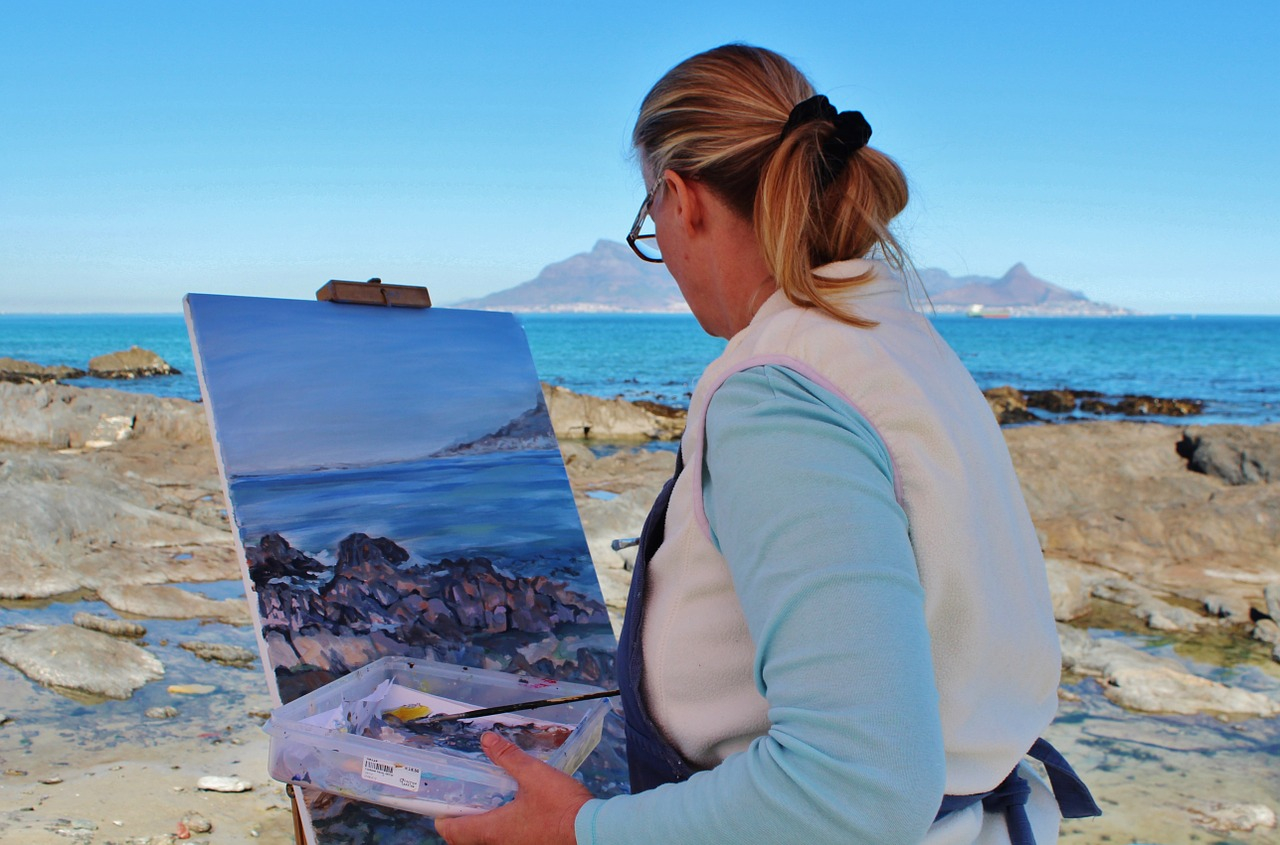Looking back at my childhood, I remember coming home from school every day, tossing my backpack up onto the kitchen table, and emptying the entire contents out to show my parents. It seems like every day I came home from school with a new finger painting for the refrigerator or a glitter-covered ornament for the Christmas tree. As I got older, I remember having to create a giant clay volcano for science class or draw a map of Europe on different colored pieces of felt. Even if you can’t remember your childhood artwork, I’m sure you’ve seen all the arts and crafts that children create these days. Children are surrounded by creativity every day. Ever wonder why?
Childhood creativity leads to innovation in adulthood. Researchers link arts and crafts in our early years to our opportunity for financial success in adulthood. A study from Michigan State University found that children who participated in arts and crafts over an extended period of time were more likely to be innovators. They had a higher likelihood of developing patents and starting a business as an adult than children who were exposed to minimal creativity.
So why stop the creativity as an adult? Whether you’re a graphic designer, a lawyer, a writer or a doctor, every profession challenges us in some way to think creatively. We may need to come up with a new appealing logo for a brand, or we may need to think of different ways to find evidence to crack a case, or we may be on the verge of discovering a new medical breakthrough. Whatever your job may be, being able to think creatively can set you apart from the rest. Creativity can make you better at what you do or maybe adding creativity to your everyday life may just make it more enjoyable! I’m often trying to find ways to refresh my work week and add an extra dose of creativity to my everyday life. Here are some helpful tips that I’ve learned over the years:
Surround yourself with creative people.
At work, spend time talking to those that are the best critical thinkers, the most creative writers or the best designers. Surround yourself with people who you can learn from on a daily basis. On the weekends, spend time with friends and family doing something new. Spend time with your children (or friends’ children) and look for creative activities to do together. Meet new people from different walks of life and try to gain new perspectives on life. Learn how to be more creative from the people around you.
Give yourself a break.
Sometimes we might be facing “writer’s block” and just need a moment to step back from everything to ultimately find the answers we’re looking for. Creative thinkers often take a sabbatical or shut the world out for a short period of time to relax and clear their minds so that they can recharge and find new creative ways to develop ideas. Instead of cramming in new information and letting our thoughts get cluttered, try sitting quietly, “sleeping on it,” or meditating. Get outside, leave your cell phone behind, and breathe deeply. Giving yourself a break can help you comeback to your work life with new creative ideas or ways to be better at what you do.
Find creative spaces.
Enjoy your work space, love your home and get out and find new creative places in your community. Add creativity to your life by decorating your desk at work with things that make you happy. Want a bigger creative task? Redecorate your home! Be more adventurous and check out a local festival, art museums, or concerts that may be going on in your town. Find creative spaces and let them inspire all that you do in life.
Be curious and willing to take risks.
Sometimes in order to build your creative skills and advance in your abilities you need to take risks. This applies for work, relationships and everyday opportunities we face as adults. Being curious and doing new things can boost your creative talents and help you come up with new ideas in the future. You never know when something you did years ago may come together with a new experience to help you form an ingenious idea. Copywriter Carl Ally said, “The creative person wants to be a know-it-all. He wants to know about all kinds of things – ancient history, nineteenth century mathematics, current manufacturing techniques – because he never knows when these ideas might come together to form a new idea. It may happen six minutes later, or six months, or six years. But he has faith that it will happen.”

